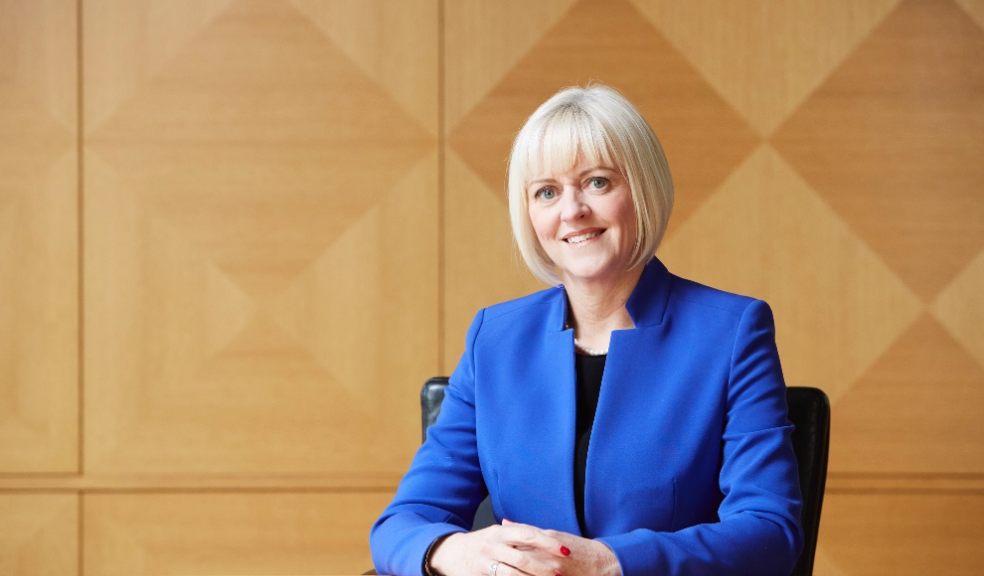
Upon the release of the Annual Financial Statement for 2022/23, the Vice Chancellor has seen a 5% pay increase to £290k, along with a 17.5% performance award. The decisions for the Vice Chancellor’s pay are made by the University’s Remuneration Committee, which is composed solely of independent members of the University’s Governing Body. It takes into account the level of responsibility, market data for remuneration of Vice-Chancellors at competitor institutions, the achievement of strategic goals, and the University’s rankings and performance against strategic performance metrics.
A spokesperson for the University of Exeter comments, “Members of the University Executive Board do not benefit from national or incremental increases and, following the Executive Reward Policy agreed by the Remuneration Committee, generally base salary is not reviewed more than once every three years.”
“Against a real-term staff pay decline of 25% since 2009 in Higher Education, unjustified pension cuts that led to unnecessary industrial action, continuing pay gaps along gender and other lines, concerning levels of staff stress and anxiety, seeming indifference from government to structural problems of Higher Education, it is important to ask two questions: What are the priorities of Vice Chancellors and who sets them?”
President of EUCU, Brian Rappert
They explain that part of the remuneration of the Vice-Chancellor is conditional upon the achievement of performance objectives agreed by the Remuneration Committee, under the Executive Performance Reward Scheme. The scheme “represents an element of ‘pay at risk’” which means that payment is not made if performance objectives are not achieved. The 17.5% award (out of a potential of 20%) for 2022/23 is said to be part of the Vice-Chancellor’s “existing remuneration” and is “not an increase.”
The rise in pay and reward has been met with criticism from Exeter University’s College Union (EUCU). Members of the EUCU have expressed that the University has been fighting staff on their requests for a pay raise that fits with inflation. To the EUCU, the university has cited abiding by minimal surplus due to various long-term capital expenditures as reasons for not increasing pay.
The President of EUCU, Professor Brian Rappert, says in a statement to Exeposé: “Against a real-term staff pay decline of 25% since 2009 in Higher Education, unjustified pension cuts that led to unnecessary industrial action, continuing pay gaps along gender and other lines, concerning levels of staff stress and anxiety, seeming indifference from government to structural problems of Higher Education, it is important to ask two questions: What are the priorities of Vice Chancellors and who sets them?” He adds that “it is hard to see how these priorities pertain to staff working conditions. The EUCU thinks there needs to be an open and inclusive conversation with staff and students regarding what counts as performance from our senior management.”
The performance highlighted by the University spokesperson was that she “led the development and launch of the new University Strategy, the development and implementation of changes to University structures and ways of working to facilitate the achievement of our strategic goals, successfully steered the University through significant challenges of the Coronavirus pandemic, and delivered an improvement in the University’s national and international league table performances and in the National Student Survey.” They claim that this is the first pay raise for the Vice-Chancellor, and the Remuneration Committee saw this increase as a recognition of this performance in her first two years in office.
Only the Vice Chancellor’s pay was made transparent through the Annual Financial Statement. Members of the EUCU continue to enquire about the rest of the senior management team.


